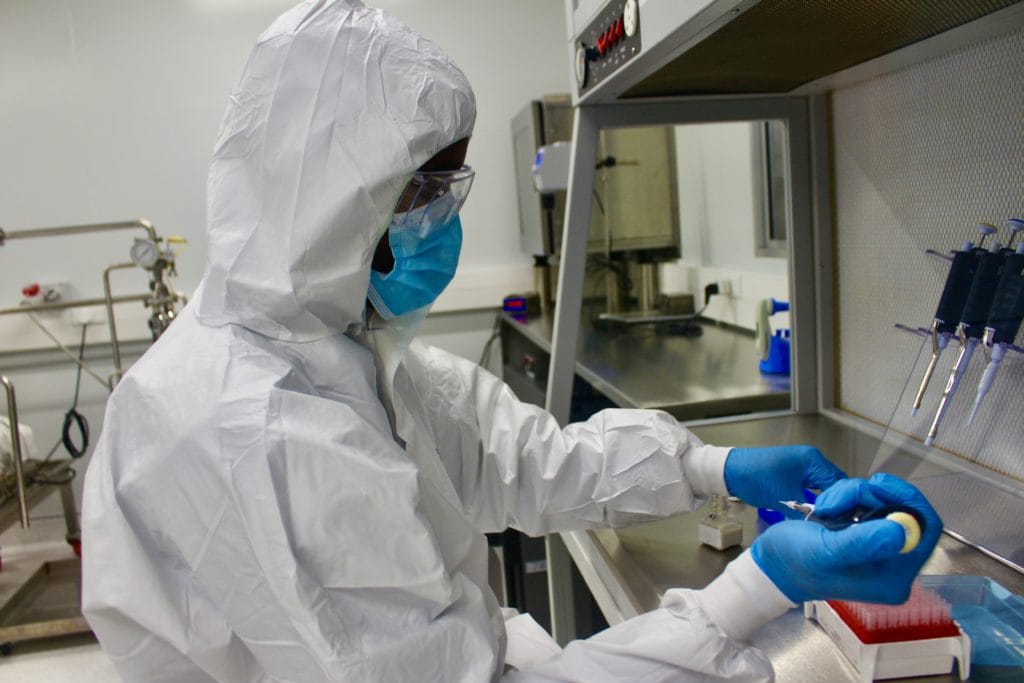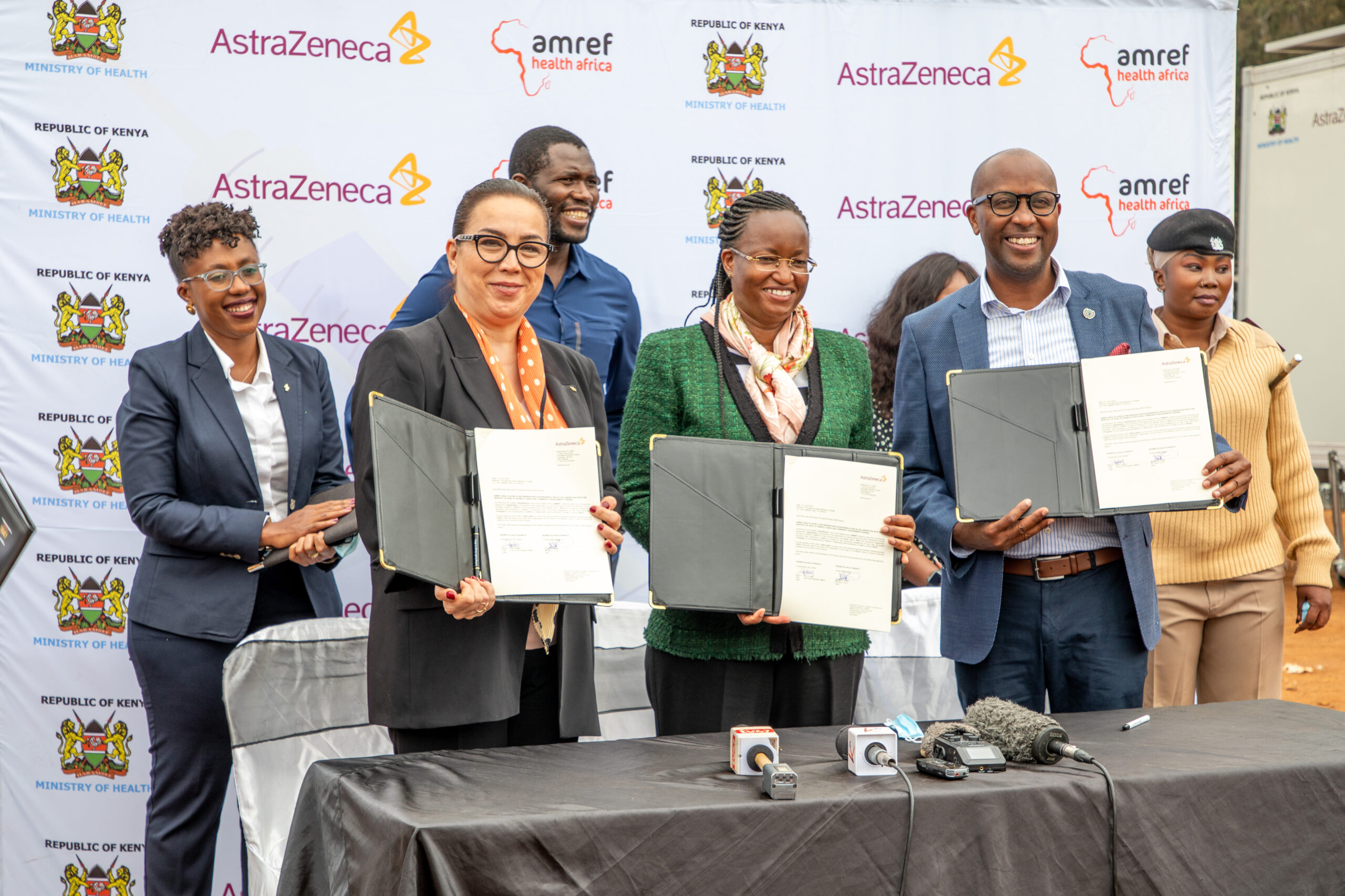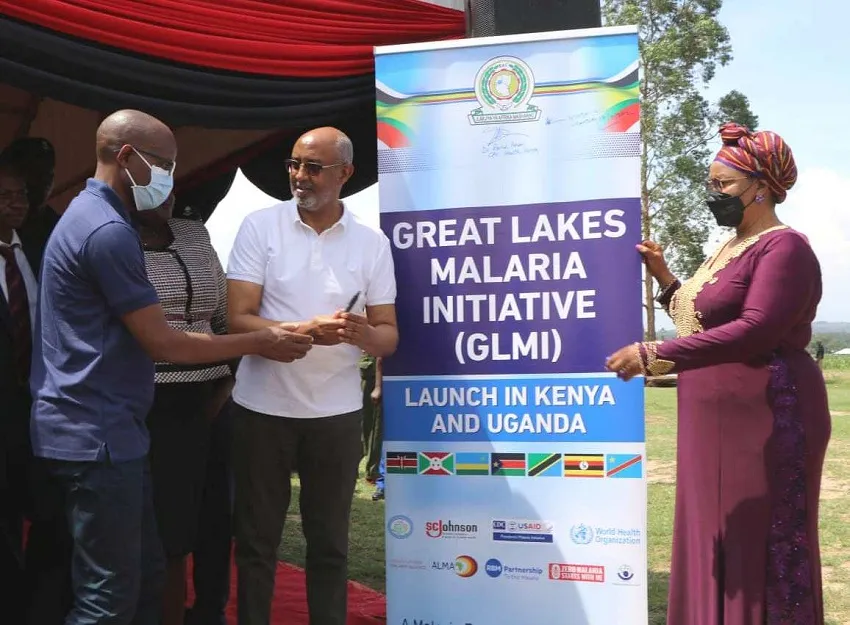Addressing Reproductive Health Issues by Redefining Sexuality Education
Thursday, 29 November, 2018

The Health Systems Advocacy (HSA) Partnership held its second joint action planning meeting in November, underscoring the need to promote Sexual and Reproductive Health and Rights (SRHR) in Africa.
The forum which was held between November 27 and 29, also called on strengthening human resources for health and sustainable health financing because only a strong health system can ensure SRHR.
The HSA partnership brings together Amref Health Africa, the African Centre for Global Health and Social Transformation (ACHEST), Health Action International (HAI), Wemos and the Dutch Ministry of Foreign Affairs.
Led by Prof. Joachim Osur, Director of Regional Programmes at Amref Health Africa, the leaders raised concern over slow uptake of sexual and reproductive health commodities.
“Across sub-Saharan Africa (SSA), we are seeing a common trend where young girls are getting pregnant at a tender age and this impacts negatively on their education,” he said.
Comprehensive Sexuality Education
While some studies indicate that comprehensive sexuality education (CSE) could help reverse these trends, because of cultural issues among some SSA African communities, the subject has not been ‘widely accepted.’
“The word SRHR, and by extension, CSE, is not a widely accepted subject. We need to better translate it and make it acceptable within the different cultural contexts,” noted Prof. Osur.
The forum called on governments and other stakeholders to comprehensively deal with the menace of teenage pregnancies through the adaptation of CSE.
Health Financing
Mariëlle Bemelmans, the Director of Wemos said that the HSA partnership is providing a unique opportunity for building coalitions around human resources for health.
Recent findings indicate that there is going to be a global shortage of 80 million health workers by 2020.
“Because of these projections, we see a space for the civil society to put the governments and other duty bearers to live up their health commitments,” noted Ms Bemelmans.
“Being together as a partnership not only empowers us to have a strong voice, but also come up with a common agenda,” she added.
Ms Bemelmans also called on the Global Financing Facility (GFF) to create advocacy spaces for civil society to ensure social accountability within the financing outfit.
The GFF which was set up in 2015 by the United Nations and World Bank, is a multi-stakeholder partnership that is helping countries tackle the greatest health and nutrition issues affecting women, children and adolescents.
Health Worker Migration
With 12% of the world population, sub-Saharan Africa bears the greatest disease burden of 27% globally.
Every year, in SSA, about 30% of all newly trained health workers leave the health workforce.
The net effect is a weakened health system that is unable to meet its health challenges, leading to inability to achieve universal health coverage and the resilience required to achieve the right to health.
Dr Patrick Kadama, the Director for Policy and Strategy at ACHEST, noted that advocacy work is yielding results in tackling health worker migration, as countries begin to better manage their health workforce.
“Over the past years, we have seen countries tackle brain-drain from the point of their own benefit rather than benefitting the reporting process at the World Health Organisation,” he said. “It is a change that has taken time to register but with the results we are seeing, it is going in the right direction.”
The HSA Partnership contributes to stronger health systems so that people in Sub-Saharan Africa can realise the highest attainable SRHR.
The joint action planning meeting was meant to inspire partners to build upon programme successes and tackle the identified challenges in order to stimulate civil society advocacy for stronger health systems.







